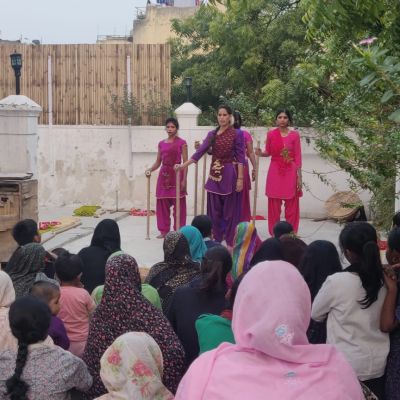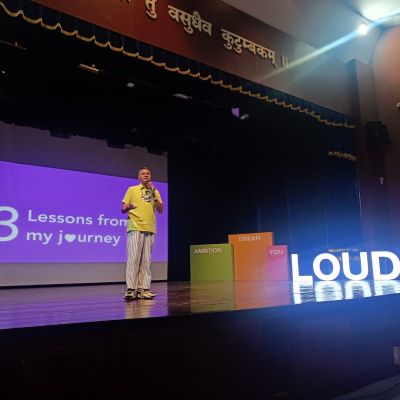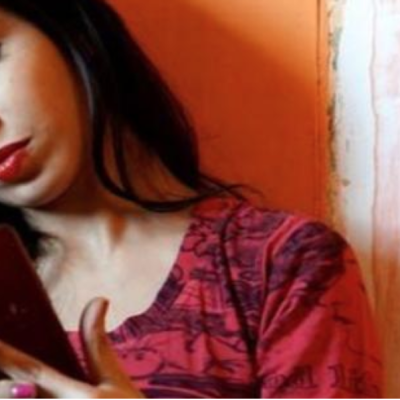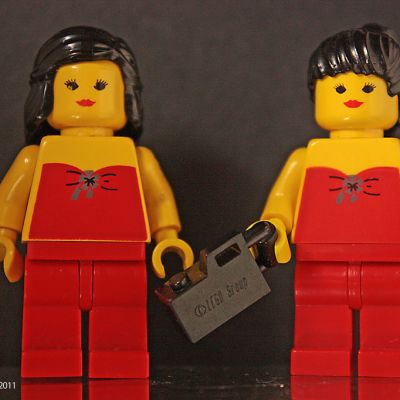work
Maraa means ‘tree’ in Kannada and it is the nature of a tree that we wish to embody, with strong roots, branches in different directions, growing tall but also wilting, dying and beginning again.
ज जब मैं अपनी माँ और चेची के अनुभवों के बारे में एक इंटरसेक्शनल यानी अंतर्विभागीय नारीवादी नज़रिए से लिख रही हूँ, तो मैं यह सोचती रह जाती हूँ कि उनके शारीरिक और भावनात्मक श्रम का भुगतान कौन करेगा।
The larger question is, who gets to bring all of themselves to the workplace, and who is either not allowed, or feels scared, or is bullied for doing so?
It is evident that the workplace is not just a site for economic production but also a space where bodies are shaped, controlled, and violated.
Moving from the broader implications of the digital workspace it is essential to discuss specifically how these platforms influence the exploration of sexual identity.
The bathroom stall becomes a sanctuary, a stage, a confession booth.
काम और यौनिकता? इस तरह से देखें तो यह आपकी पूरी ज़िंदगी है।
Our bodies are the vessels through which we feel, emote, work or navigate our societies and the world at large. Our bodies are the real, live archive of everything we have experienced and they have borne the consequences of our social conditioning and decisions.
In our mid-month issue, Mahika Banerji describing herself as being ‘massively function-less’ and as having ‘no mobility’, takes us into her world, not a world of sob stories but one that holds promise of fulfillment…
But TikTok is giving young people – particularly women – in South Asia a new avenue to showcase their talents. While for the majority of women using the app their fame is exclusive to TikTok, an increasing number are able to use it to get paid work. And for many, the platform represents a scarce opportunity for bodily autonomy, and a chance to carve out space as a performer in the face of film and fashion industries that shut them out.
A year ago, just ten minutes after I had landed in the Punjab and Haryana High Court. I was introduced to this young lawyer – not the least bit enthusiastic, a big critic of the law, of lawyers, of the High Court, and most importantly, of women. “Let me tell you a secret: law is not a profession for girls,” said he.
Sexuality can be said to influence and be influenced by every aspect of our lives. Talking about sexuality, however, is widely tabooed, especially at the workplace. Anything that evinces sexuality is at once mired in controversy – from clothing choices (of women, especially) to sexual harassment cases, from gender role-challenging career choices to sex work. Why is anything to do with sexuality seen as taking away the gravitas of work?
Several hundreds of women have presumably enrolled at India’s other IITs in the past 20 years, although none of these schools keep records of the gender of their students. Where did all these women go ‒ and why aren’t they leaders in Indian industry today?
The feminist classic sex work vs prostitution debate was played out in this context in a way that was different from what happens in cis feminist spaces. In the eyes of this narrator, cis feminists who have never engaged in sex work have a lot to learn from travestis and trans women. First of all: the respect.
Adeanna Cooke:
International model, featured in Playboy,
Established hacker and amateur computer programmer.














